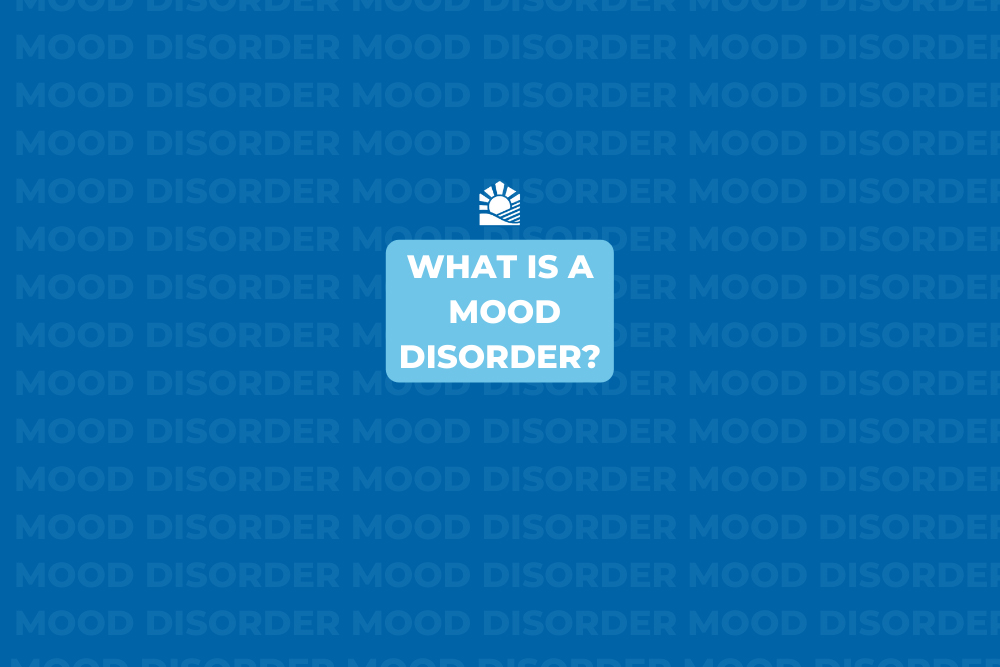Read the latest and greatest from our team
of incredible specialists.

Beach House Recovery Center » Blog » What Is a Mood Disorder?
While it’s normal for your emotional state to fluctuate in response to various circumstances in your life, you might have a mood disorder if you experience prolonged periods of extreme happiness, sadness or both. A mood disorder can cause dramatic changes in your thoughts and behaviors, and can significantly disrupt your quality of life.
The two most prevalent mood disorders are depression and bipolar, which impact millions of Americans with potentially debilitating effects.

Some depression results from an obvious trigger, such as the death of a loved one. Mental health professionals call this reactive or situational depression, and it is typically short-lived. Other forms of depression, including postpartum and seasonal, are longer-lasting and can be severe enough to interfere with your daily responsibilities.
With clinical depression – also known as major depressive disorder – you may have trouble finding the motivation to take good care of yourself and maintain healthy relationships. A doctor can diagnose you with depression and recommend a treatment plan if problems like these cause mental anguish or impaired functioning that prevents you from living your life to the fullest.
Bipolar disorder, formerly called manic depression, is a disorder that causes dramatic shifts in a person’s mood and behavior. Bipolar people switch between the lows of depression and manic episodes where they have nearly boundless energy and enthusiasm. These mood swings can affect sleep, energy, activity, judgment, behavior and your ability to think clearly.
Depending on your symptoms’ severity, a mental health professional may diagnose you with bipolar I, bipolar II or cyclothymia. All forms of bipolar disorder are treatable with therapy, specific prescription medications and lifestyle changes.
Mental illnesses like depression and bipolar disorder don’t have a single cause, but instead arise due to a complex blend of factors.
If you have a dual diagnosis of a mental illness and addiction, simultaneously treating both components can provide you with the tools you need to recover and avoid a relapse. At Beach House, our complete continuum of care and industry-leading therapist-to-client ratio are some of the reasons we rank among the nation’s top treatment facilities.
If you’re ready to learn more about how we treat co-occurring disorders with compassion and love, please reach out to our admissions counselors.
Whether you’re researching for yourself or a loved one, Beach House can help. We understand that this is a serious time in your life and that the treatment center you choose matters. We want you to feel comfortable and empowered to make the right decision for yourself, a friend, or a family member. This is why a counselor is waiting and available to answer your questions and help put your mind at ease regarding the next steps. Many of the staff at Beach House have walked in your shoes. If you feel you’re ready or want more information about how to help a loved one, we can help today. You can also learn why we are voted the #1 rehab for addiction treatment in Florida.
We accept most major insurance plans and can verify your benefits quickly and confidentially.
We’re committed to helping you access the care you need, our admissions counselors can guide you through your coverage options and available resources.





"*" indicates required fields